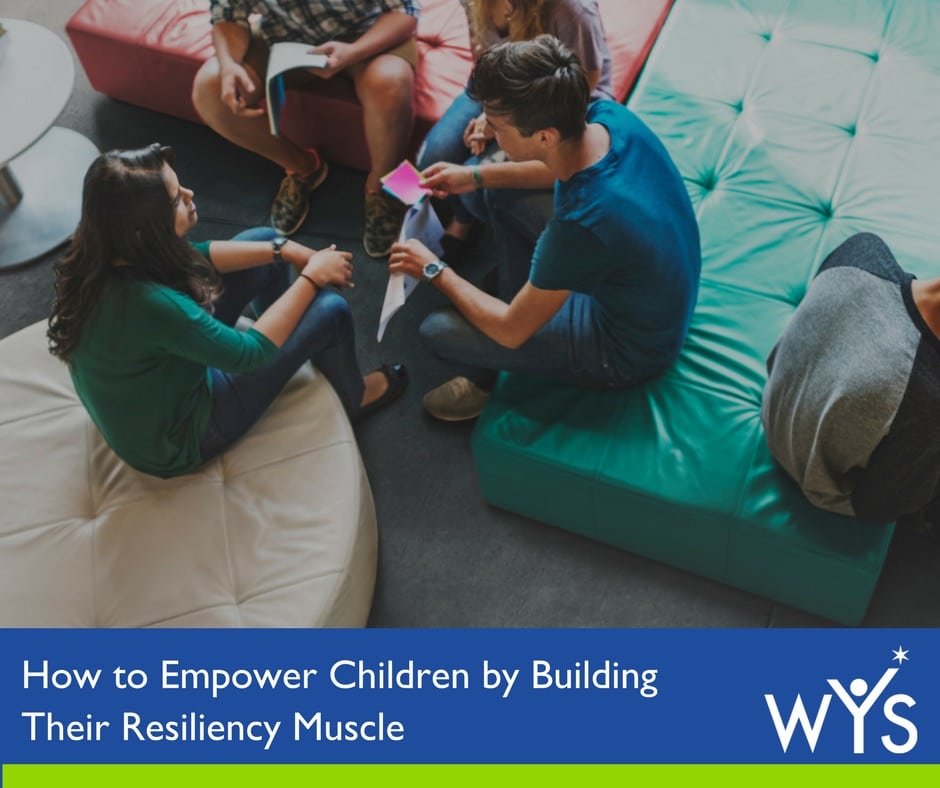
How to Empower Children by Building Their Resiliency Muscle
January is National Mentoring month and this month’s article makes the connection between Mentoring and Resiliency.
Did you know that childhood trauma is an epidemic? That one in five children has a diagnosable mental health condition? That childhood trauma is associated, in many cases, with lifelong health and mental health outcomes? This predictive outcome is identified in the ground-breaking Adverse Childhood Experiences (ACE) Study. The original ACE Study was conducted in 1998 by the Center for Disease Control (CDC) and Kaiser Permanente; you can find more information on the ACEs Too High website.
An ACE score is determined by taking an ACE Questionnaire which includes questions about 10 types of childhood trauma. Five are personal — physical abuse, verbal abuse, sexual abuse, physical neglect, and emotional neglect. Five are related to other family dysfunction, such as: an alcoholic parent, domestic violence, an incarcerated family member, mental illness in the family, and the effects of divorce, death or abandonment. Each type of trauma counts as one point. For example, a person who has been physically abused, with one alcoholic parent, and a family member with mental illness has an ACE score of three.
In our complimentary report Healthy and Hopeful: Healing Trauma – How the WYS Collaborative Model of Mental Health Services Builds Resilience and Alters the Impact of Adverse Childhood Experiences (ACEs), we share the relationship between our clients’ ACE scores and clinical outcomes.
This Special Report summarizes findings of the original ACE Study and demonstrates how the WYS collaborative mental health efforts provide a case for support for understanding ACEs as part of mental health prevention and treatment. Our goal is to reduce the prevalence of diagnosable mental health conditions in children and adolescents from one in five to one in ten in this generation through prevention efforts.
The results of our Special Report show:
- ACEs can impact health and well-being of a person throughout a lifetime.
- ACEs pose a threat to proper brain development.
- More than half of the adults in California have at least one ACE.
- Individuals with four or more ACEs are seven times more likely to have mental health problems and eleven time more likely to attempt suicide than individuals with zero ACEs.
- Without intervention, the estimated weighted annual community cost per child is $18,856.
- WYS is healing ACEs with nearly every research-recommended strategy.
If you would like a copy of the report, click this link and we will send it to you.
“We’re a children’s mental health services organization, and also, we know that our collaborative and integrated prevention efforts positively impact physical health and educational outcomes. Mental well-being, physical health and educational outcomes all improve as a result of building resiliency. Resilient communities break the cycle of child abuse, neglect, and other ACEs. We are partners in building resilient communities and in breaking the cycle.” – Lorry Leigh Belhumeur, PhD., CEO, Western Youth Services
Resiliency is the Antidote
One definition of resiliency is: The capacity to recover quickly from difficulties; toughness.
Resilience is not something we are born with, yet more and more we see that it is the key to handling the curveballs that come throughout life. When children are taught coping mechanisms at a young age, they start to build their resiliency muscle. As a child moves through adolescence and into adulthood, it is important for them to continue to build their resiliency muscle. When they do, they continue to grow stronger and able to better manage life’s challenges.
The good news is that we can all make a difference in the life of a child that is facing adversity. As you read through this article, think about someone that may have supported you as a child, and how you might be able to reach out and help a child.
Empowering Children with Resiliency
We all face adversity throughout our lives. Sometimes these toxic experiences can be overwhelming, scary, or even dangerous, especially when they are happening at home. The most beneficial approach is to teach children how to handle difficult situations and how to reach out for help. These are life skills that will serve them into adulthood and may put them in a position to pass along to someone else which will strengthen their resiliency as well as the resiliency of their community.
Resilience requires the reliable presence of at least one supportive relationship with a caring adult. Through these relationships, children have the opportunity to develop crucial coping skills. Knowing that they are not alone and that they are learning healthy ways to process stress, can help to reverse the physiological changes that are activated by toxic stress. This protects the developing brain, the immune system, and the body from negative effects.
Every child is surrounded by people who can help… family, friends, neighbors, teachers, counselors, coaches, medical professionals, etc. Remember one in five children are living with a diagnosable mental health concern; that means we all know someone that needs help. NOW.
The key message we want them to know is that it’s okay to ask for help. You can support them by building their trust in you so you are able to help them or to guide them to the appropriate source for help when they ask.
Mentors Are Powerful Advocates
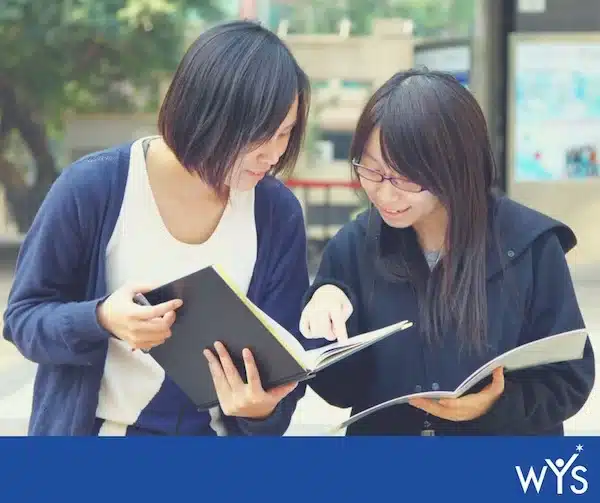
Mentoring is a great way to make a positive impact in the life of a child or young adult. Research indicates that kids that are mentored do better in school, are less likely to get involved with drugs or other addictive behaviors, and spend their time participating in sports or other extracurricular activities. The best part… is that they often become future mentors. The mentoring.org website explains:
Mentoring, at its core, guarantees young people that there is someone who cares about them, assures them they are not alone in dealing with day-to-day challenges, and makes them feel like they matter. Research confirms that quality mentoring relationships have powerful positive effects on young people in a variety of personal, academic, and professional situations. Ultimately, mentoring connects a young person to personal growth and development, and social and economic opportunity. Yet one in three young people will grow up without this critical asset.
Young adults who were at-risk for falling off track but had a mentor are:
- 55% more likely to enroll in college
- 78% more likely to volunteer regularly
- 90% are interested in becoming a mentor
- 130% more likely to hold leadership positions.
Building a Community of Resiliency
The world is challenging, it really does take a village to raise children into healthy and successful adults.
“No one raises children in isolation, we have a high amount of research of powerful impacts of teachers, coaches, and other adults in the community with whom children have the chance of building other relationships, who play that critical supporting role of building resilience.”
Jack P. Shonkoff, MD
Center on the Developing Child at Harvard University
There are many resources and materials available online to empower you to build resiliency in your community, here are a few of our favorites:
- For young children aged 6 and under – Sesame Street Communities has a website full of resources to help guide children through difficult situations, the Resiliency materials are very well done and easy to use.
- Resilience Series – Harvard Center of the Developing Child – This website has extensive research on the impact of adversity and resiliency in childhood. The Resilience Series contains three brief and informative videos.
How can we can help you to build resiliency into your community? Connect with us on Facebook and let us know.

Lorry Leigh Belhumeur, Ph.D.
Chief Executive Officer
Western Youth Services



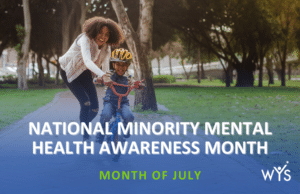
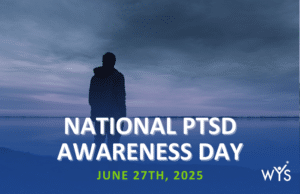

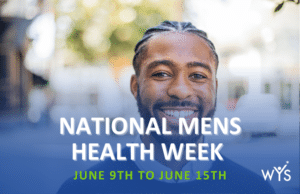
 Arabic
Arabic Chinese (Traditional)
Chinese (Traditional) English
English Korean
Korean Persian
Persian Russian
Russian Spanish
Spanish Vietnamese
Vietnamese